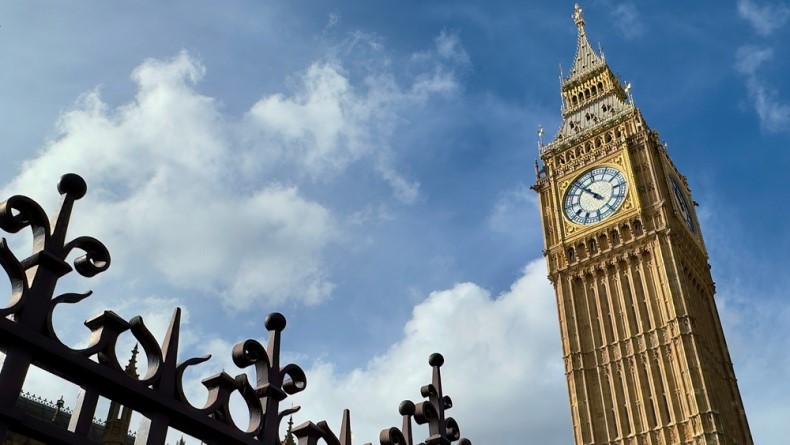REBA members urge against levying National Insurance on pension contributions in Budget
Nearly half of organisations that pay workers more than the minimum employer pension contribution will consider reducing these if the Chancellor introduces NICs on employer pension payments.
REBA and the ABI are warning the government that this would mean millions of employees facing a poorer retirement as a result.
The survey, which was completed by 613 employers, representing roughly three million UK employees, highlighted the likely reaction to this rumoured Budget announcement.
Currently, employers do not pay NICs on employer pension contributions to workers’ pensions. This incentivises them to provide for their employees’ long-term savings. But removing the NICs relief on pension contributions has been suggested as an option open to the Chancellor to help fill the black hole in government finances.
The survey found that the removal of employer NIC relief could have long-term detrimental effects on workers’ pension savings.
Three quarters of employers which answered the survey pay pensions contributions greater than the auto-enrolment minimum. Nearly half (42%) of them would reduce these more generous contributions, and two thirds (63%) would be less likely to increase contributions in the future if NICs relief was removed. Many would stick to the minimum required contribution in future.
A reduction in investment in other areas of employee benefits, as well as reviewing their future approach, was also mentioned. Only one-in-four (40%) would try to retain current contribution levels despite the increased cost.
Even for those employers that do not pay anything beyond the minimum, the taxation of pension contributions would still add to the overall cost of staff. The ABI and REBA also expressed concern that this potential change would reduce the positive impact that pensions have on growth, given that pension firms are some of the largest investors in the UK.
Debi O’Donovan, co-founder and director, REBA, said: “Employers are the bulwark of the pensions savings system in the UK. To date each government has wisely supported employers to take on this role by applying employers’ National Insurance contributions relief on employer pensions contributions.
This research shows that removing this relief would change employers’ behaviours to be less generous in future, to the detriment of millions of workers.”
The ABI and REBA also expressed concern that this potential change would reduce the positive impact that pensions have on economic growth, given that pension firms are some of the largest investors in the UK.
Yvonne Braun, Director of Long-term Savings and Health & Protection at the ABI, said: “We want money flowing into pensions to drive growth, and we also want employers incentivised to provide pension provision for their workers. These changes would impinge on both, which at a time when we’re not really saving enough, long-term, would only mean poorer retirement standards in the future.”







